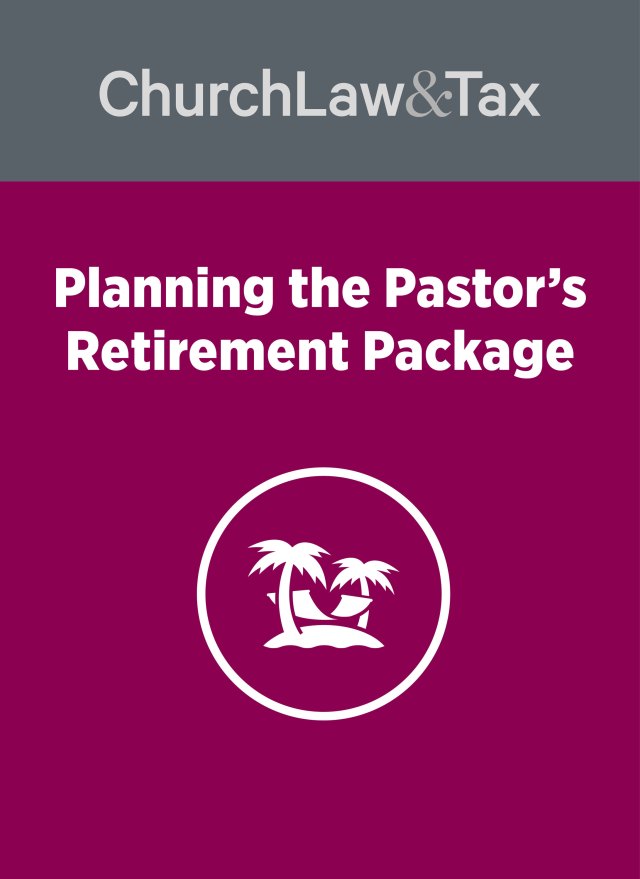Q: Our pastor worked for several years in secular employment before going to seminary and becoming a pastor. Soon after he was ordained, he applied for exemption from self-employment taxes by filing a timely Form 4361 with the IRS. He is now concerned that by opting out of Social Security, he will not be eligible for any benefits based on all the years of secular employment. Is he right? Should he be concerned?
How the Exemption Affects Social Security Benefits
An approved exemption from Social Security taxes applies only to services performed in the exercise of ministry. It does not affect benefits based on secular employment earnings. In other words, Social Security benefits earned through secular employment remain intact, assuming those earnings meet the eligibility requirements.
The income tax regulations clarify this distinction: “A minister performing service in the exercise of his ministry may be eligible to file an application for exemption on Form 4361 even though he is not opposed to the acceptance of benefits under the Social Security Act with respect to service performed by him which is not in the exercise of his ministry.” (Treas. Reg. 1.1402(e)-2A(a)(2)).
Impact on Future Benefits
Ministers who are exempt from Social Security coverage for their ministerial income should be aware that this exemption can reduce their overall retirement benefits. The longer the exemption applies, the lower the potential benefits from non-ministerial employment may be, due to fewer total credits being accrued over time.
Relevant Case Study
The Tax Court addressed this issue in a case involving a pastor who also operated a handyman business. Although the pastor had filed for exemption from self-employment taxes, the court ruled that the exemption applied only to income earned in the exercise of ministry. Earnings from his handyman business were subject to self-employment taxes. The court noted that, “although the income [the pastor] derived from his handyman business may have enabled him to sustain his ministry…those reasons or motives do not cause the handyman business to be integral to the conduct of his ministry.” (Williams v. Commissioner, T.C. Memo. 1999-105).
Key Takeaways
- Ministers exempt from Social Security taxes through Form 4361 retain eligibility for benefits earned through secular employment.
- The exemption applies only to income earned in the exercise of ministry.
- Ministers should carefully evaluate the long-term impact of opting out of Social Security on their retirement benefits.
FAQs About Minister Social Security Exemptions
- Does opting out of Social Security affect benefits from previous non-ministerial work?
No, benefits from prior secular employment are not affected by the exemption. - What income is covered by the exemption?
Only income earned in the exercise of ministry is exempt from Social Security taxes. - Can ministers re-enter Social Security?
No, the exemption is irrevocable once granted, so careful consideration is essential. - Does the exemption apply to non-ministerial side businesses?
No, income from secular side businesses remains subject to self-employment taxes.
For additional insights, consult the IRS guidelines or a qualified tax professional to fully understand the implications of Form 4361.





